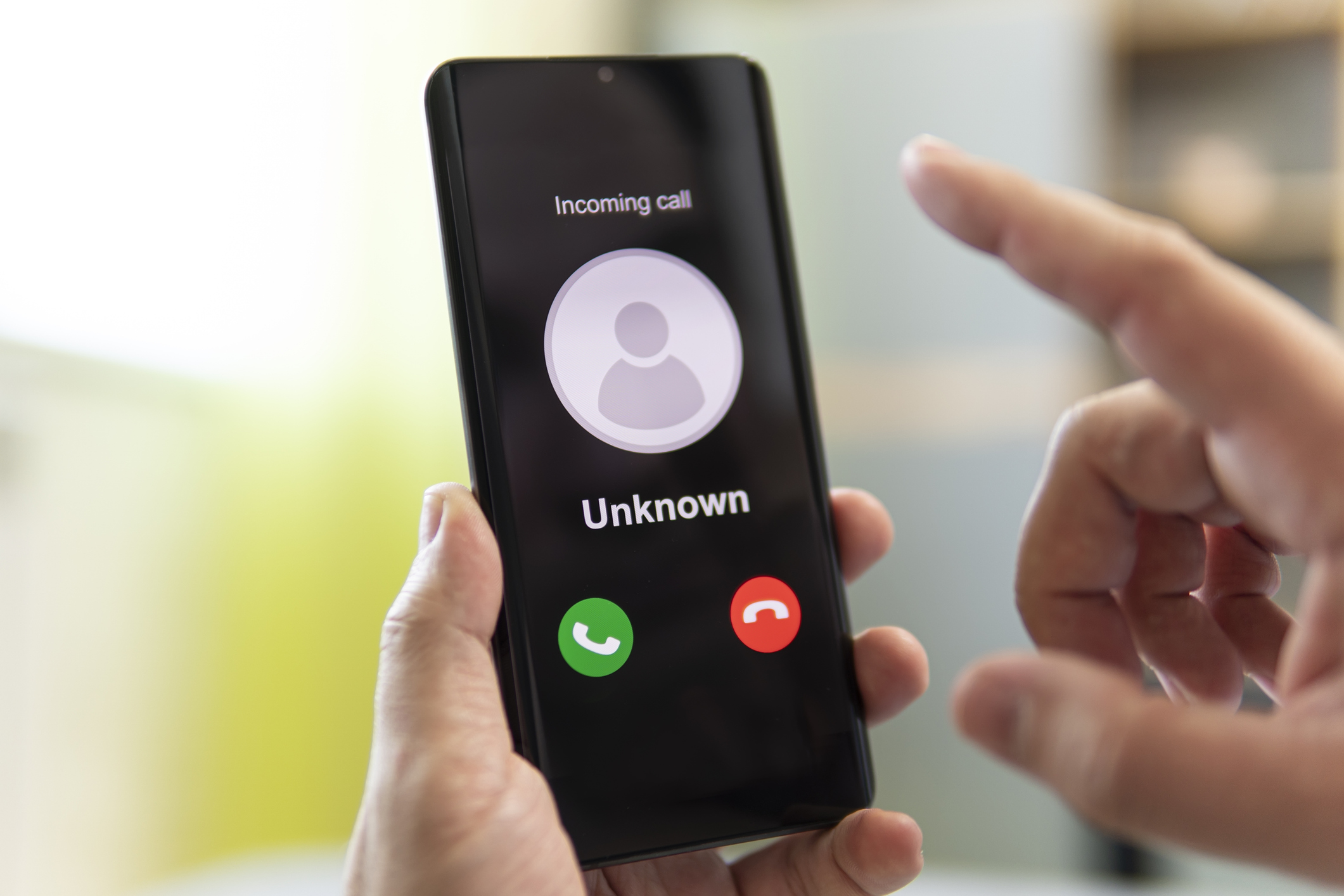When your kids or grandkids take the time out of their day to give you a call, the first instinct is to be grateful, but over the phone, it can sometimes be hard to determine exactly whose voice you’re hearing on the other end. Next time you get a call from someone who claims they’re your “eldest grandson,” make sure they really are who they say they are.
Another devious scam is going around and this time, fraudsters are targeting trusting grandparents by falsely claiming they are their grandkids and asking for large sums of money. These scammers are telling trusting folks that they were recently in a car accident, arrested or going through some other type of emergency and in need of money fast.
Thirteen citizens of the Dominican Republic were recently charged with scamming 400 U.S. grandparents out of nearly $5 million. These people have been targeting different individuals and sometimes the same ones more than once and the victims have been from Massachusetts, California, New York, Florida and Maryland, so far.
How to spot the scam before it’s too late
Let’s be honest: if you believe your grandchild is calling to tell you about an emergency and asking for money, your first instinct is likely to ask, What can you do to help. But if you receive this type of call, you should definitely ask a couple of questions confirming their identity before you send them any new information. And be careful, as some of these scammers use tools like AI to copy the sound of your loved one’s voice.
“These scams are not just financially devastating; they are emotionally traumatizing,” said Leah Foley, the U.S. attorney for the district of Massachusetts. “Many victims not only lost their savings, but their sense of safety, judgment and trust in the world around them.”
This type of scam has happened before
If this grandkid scam sounds a little bit familiar, you’d be right. Earlier this year, a similar scheme occurred with suspects in Canada, as they tricked senior victims out of $21 million.
“What the accused did in targeting our seniors was calculated, cold-hearted and cruel,” said Ted Docks, FBI’s Boston field office special agent in charge. “No grandparent should ever have to wonder if the next call they get is a cry for help or a trap.”
How to avoid becoming the next victim
If you’re worried that you could be the next one targeted, there are a few steps you can take to help keep you protected. First, make sure the person calling is who they say they are, either by asking a personal question or even switching to a face-to-face call like FaceTime.
Second, never give away personal or financial information over the phone. If someone is asking you for money, don’t be so quick to send it over, even if the person claims they are your grandchild and they are in trouble.
And one of the simplest ways to stay out of trouble is to never answer a call from an unknown number. If it truly is someone you know, they can find another way to reach you or they will try someone else.






